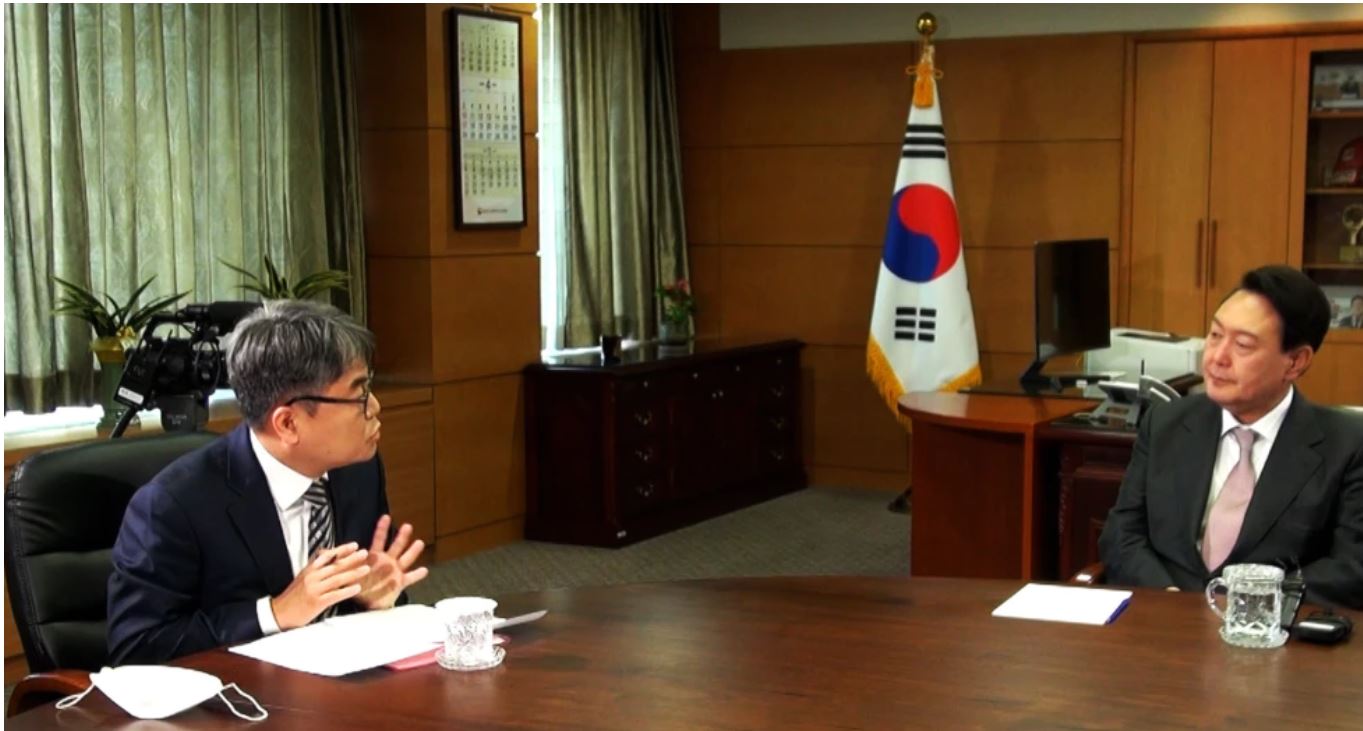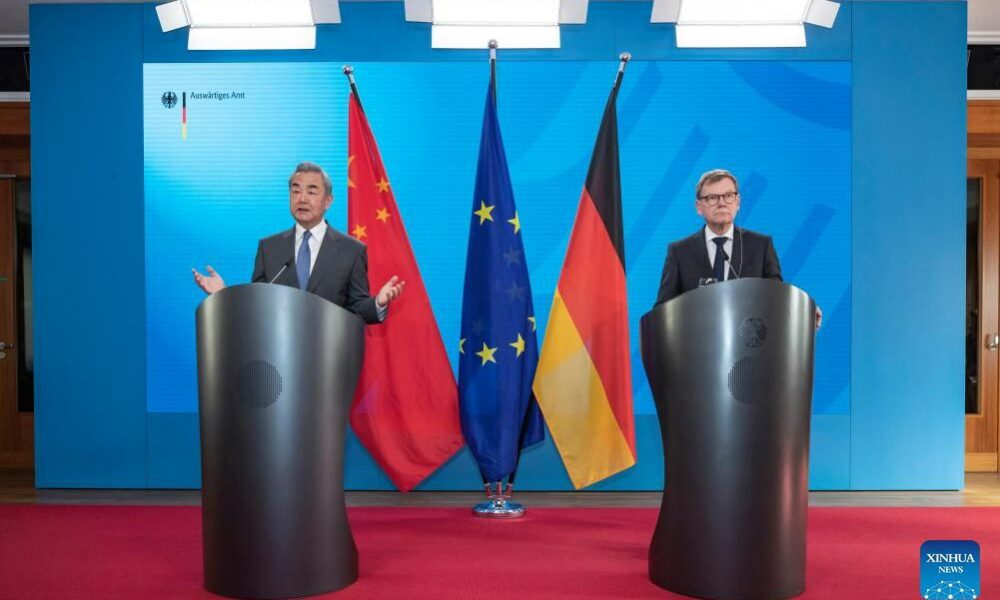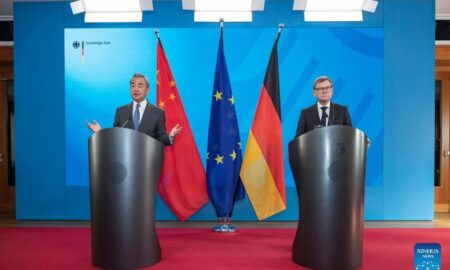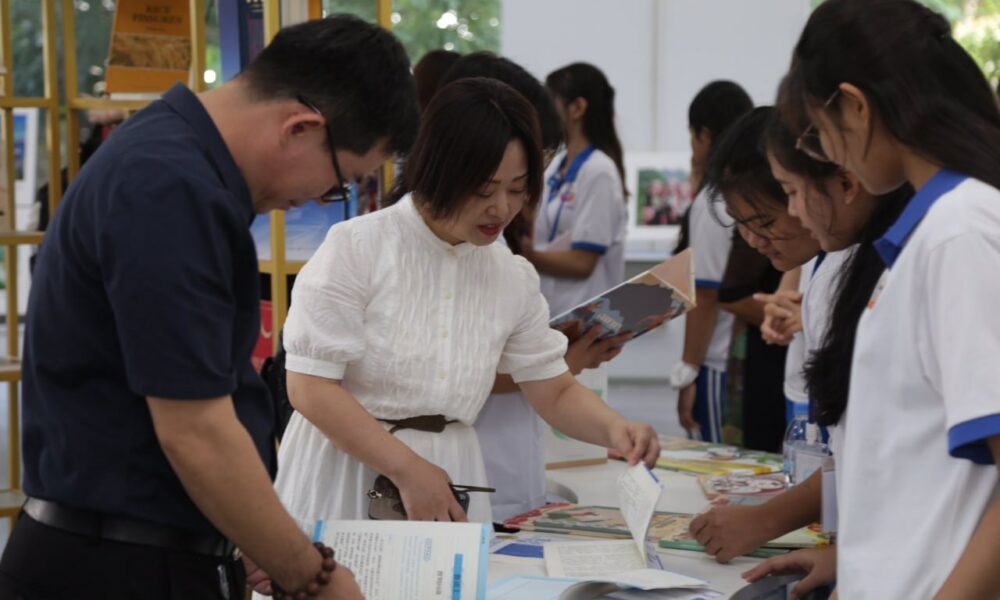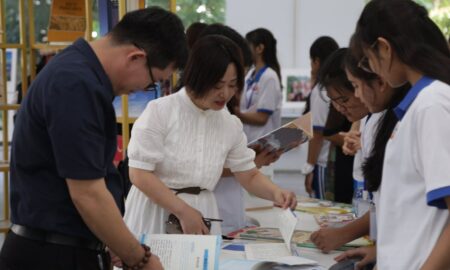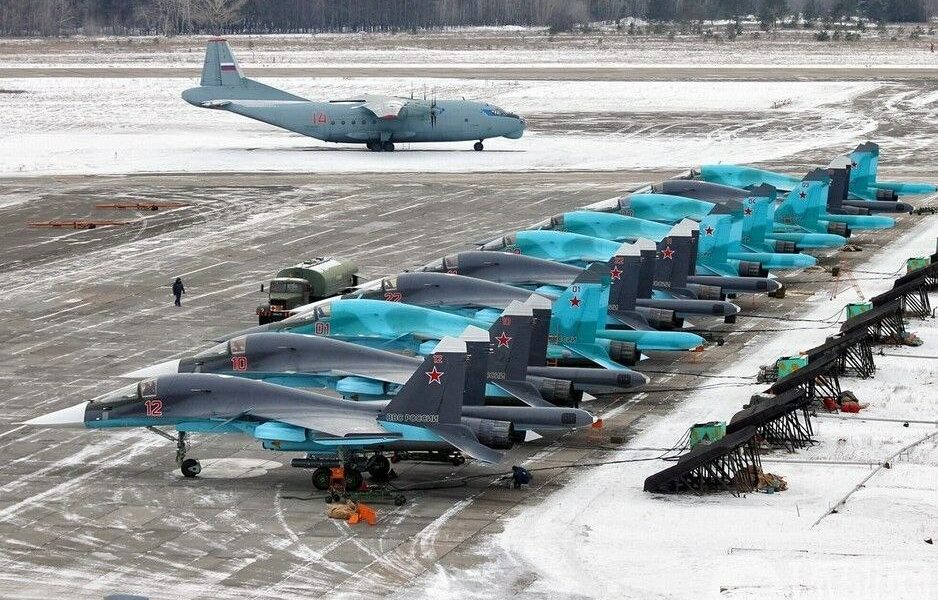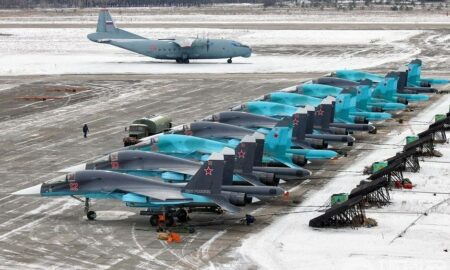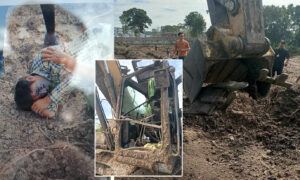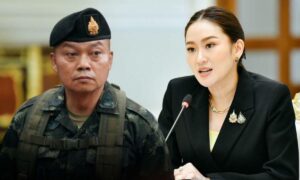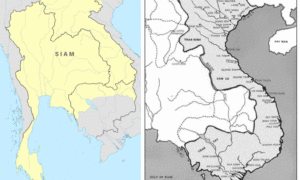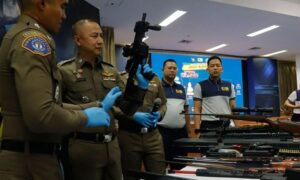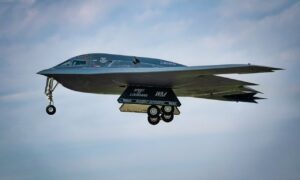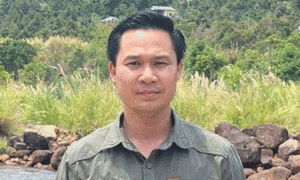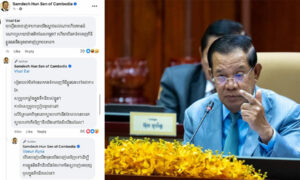SEOUL, SOUTH KOREA —
As South Korean President-elect Yoon Suk-yeol enters his five-year term of office, he is envisioning South Korea’s expanded position on the world stage and strengthening Seoul’s role in its long but languishing alliance with the U.S. as he prepares for his first summit with President Joe Biden.
The incoming president, who will take office on May 10 after winning a hotly contested election on March 9, will meet Biden on May 21. Yoon, the leader of the world’s 10th-largest economy, expects the Seoul summit will be a pivotal moment toward putting the allies on more equal footing.
Yoon, 61, plans to revitalize the Seoul-Washington alliance of nearly seven decades after cooperation on global issues wilted as current President Moon Jae-in devoted much of his term that began in 2017 to engaging North Korea.
Yoon sat down with VOA’s Korean Service for an exclusive interview in late April to discuss how the Seoul-Washington relations could be renewed and broadened so the allies could together tackle some of the most challenging issues around the world ranging from technology to security.
Yoon said, “South Korea needs to do more than merely expressing that we agree with U.S. policies or that we stand with the U.S. but actually labor over global issues together with the U.S.” He continued that Seoul needs “to play a leading role in the areas that necessitate our part.”
South Korea’s former prosecutor general said that when President Moon met with Biden in May 2021, they discussed how Seoul could play an active role in cooperating with the U.S. in maintaining a free and open Indo-Pacific, developing advanced technologies and dealing with climate change.
“When the two met last year, they discussed only the [COVID-19] vaccine, but I believe the discussion needs to be expanded to include broadening the scope of joint working groups’ cooperation on the Quad, cutting-edge technologies and climate change,” said Yoon, who has never before held an elected position.
The Biden administration has emphasized that the production of semiconductors is critical for remaining competitive with China, and when he visits Seoul for his summit with Yoon, he plans to visit Samsung Electronics plant in Pyeongtaek, an hour’s drive from Seoul. Samsung Electronics was one of top global chipmakers invited by the Biden administration to the White House in April 2021.
Climate change has been a top priority of the Biden administration, and South Korea, as the world’s ninth-largest carbon emitter, has been slow in taking action to meet the 1.5 degree Celsius temperature limit set by the Paris Agreement to which Seoul is party.
Yoon continued, “The concept of security in the ROK-U.S. alliance has to go beyond military security now to include security in the areas of economy, advanced technologies and supply networks as well as global issues surrounding climate change and health care so that the relationship could be expanded and upgraded to a comprehensive level of alliance.” The Republic of Korea (ROK) is South Korea’s formal name.
After the summit with Yoon, Biden is expected to meet with the leaders of Australia, India and Japan in Tokyo for a summit of the Quadrilateral Security Dialogue, the so-called Quad, designed to counter China’s aggression in the Southeast Asia.
The Biden administration has been looking toward South Korea as an ally that shares the same liberal democratic values with the U.S. to play an enhanced role in maintaining a rules-based order in the region against China’s rising autocratic threat to security and political freedom.
Yoon is the 20th president of South Korea since 1948 when the country was divided at the 38th parallel and the Soviet Union set up a Democratic People’s Republic of Korea in the northern half of the Korean Peninsula. China, which fought against South Korea on the side of North Korea, is now Seoul’s top trading partner and considered North Korea’s closest ally.
To deal with the increasing threat from North Korea, Yoon said “a consistent signal and message” needs to be sent to Pyongyang that “should not be changed from time to time out of convenience.”
North Korea has conducted 15 weapons tests since January, including an intercontinental ballistic missile (ICBM) on March 24 and what it called a new type of tactical guided weapon on April 17 designed to boost its nuclear fighting capabilities supposedly against South Korea.
Yoon wants to make clear to Pyongyang that Seoul has the deterrence capabilities to defeat any potential aggression across the inter-Korean border.
Yoon said, “As a way to deal with North Korea’s nuclear weapons, an emphasis has been placed on extended deterrence.” He continued, “We must certainly participate in having more intimate and in-depth communications with the U.S. about extended deterrence.”
Extended deterrence has been a main pillar of security strategy between the U.S. and South Korea since the hostilities of the Korean War concluded with an armistice in 1953.
Under extended deterrence, the U.S. promises to provide security assurance to South Korea by using its military forces, including nuclear forces to deter attacks on the territories of the East Asian ally and to fight for it when an attack is launched.
When Yoon’s four-member delegation, led by his intended foreign minister, Park Jin, visited Washington in April, they discussed deploying strategic assets such as nuclear submarines and bombers to South Korea.
Park, who must be confirmed by the National Assembly, served four terms in South Korea’s National Assembly where he was a member and chief of the committee for foreign affairs and unification.
“Deploying the strategic assets is an important element of reinforcing the extended deterrence, and the issue naturally came up during the discussions,” Park said after his meeting with U.S. national security adviser Jake Sullivan in Washington on April 5.
To ensure South Korea’s defense against the North, Yoon thinks it is crucial for South Korea to obtain intelligence gathering assets but said the South Korean military currently lacks sufficient capabilities to operate intelligence assets, which he believes are necessary to have a command authority over a wartime operation.
Yoon said, “The most important thing in commanding a wartime operation is intelligence, intelligence about an adversary.”
He continued, “We need to secure a reasonable level of intelligence capabilities for conducting surveillance and reconnaissance operations that will enable [South Korea] to have a command over a joint wartime operation.”
Since fighting ended in 1953, an American four-star general who serves as the commander of U.S. Forces Korea, as well as the United Nations Command and ROK-U.S. Combined Forces Command, has had wartime command control over South Korean forces and about 28,500 American troops stationed there.
Moon tried to expedite the process of transferring a wartime operation command authority from the U.S. to South Korea.
South Korean Defense Minister Suh Wook said the allies have created “necessary conditions” for the transfer of OPCON of combined forces during a joint press conference with U.S. Defense Secretary Lloyd Austin on March 18.
But Yoon said, “We are lacking sufficient readiness to operate intelligence assets,” which he said were essential in commanding a wartime operation.
He added, “The issue of returning the wartime operational control [to South Korea] should depend on factors that are most effective in winning a war.”
As far as extending diplomatic outreach to North Korea, Yoon did not rule out a summit with North Korea.
“There is no particular reason to avoid a summit,” Yoon said.
However, any such leadership-level meeting would be predicated on talks that produce substantive outcomes on North Korea’s denuclearization, he said.
“If a summit ends in ‘showoff displays’ with no concrete outcomes or substantial results made on denuclearization or providing economic support to North Korea, then it will not help advance inter-Korean relations and denuclearizing North Korea,” Yoon said.
“If North Korea gives up nuclear weapons, accepts nuclear inspections, carries out irreversible denuclearization, then programs that will significantly improve North Korea’s economic situations will be examined and prepared [to be offered to North Korea],” he continued.
To help the North Korean people, Yoon thinks South Korea needs to work with the international community to find overarching responses to global human rights abuses.
“Rather than limiting [South Korea’s] response to North Korea’s human rights violations, when there is a collective abuse of human rights in the world and when abuses are done by a government authority or political force, then the international community [including South Korea] must cooperate and respond so that international order based on norms can be maintained,” Yoon said.
Yoon believes South Korean activists advocating for human rights of the North Koreans should be able to pursue their activities without Seoul’s interference unless the groups’ efforts endanger South Koreans.
“I don’t think it is appropriate for a government to forcibly regulate nongovernmental organizations’ human rights activities toward North Korea out of fear how those activities would offend North Korea,” Yoon said.
“The current South Korean government legally banned broadcasting or sending information to North Korea. I believe that is wrong unless the ban is absolutely necessary to protect the safety of South Koreans living near the North Korean border,” he added.
(អត្ថបទ៖ VOA ក្រោមកិច្ចសហការ រវាងមជ្ឈមណ្ឌលព័ត៌មាន ដើមអម្ពិល និង USAGM)


